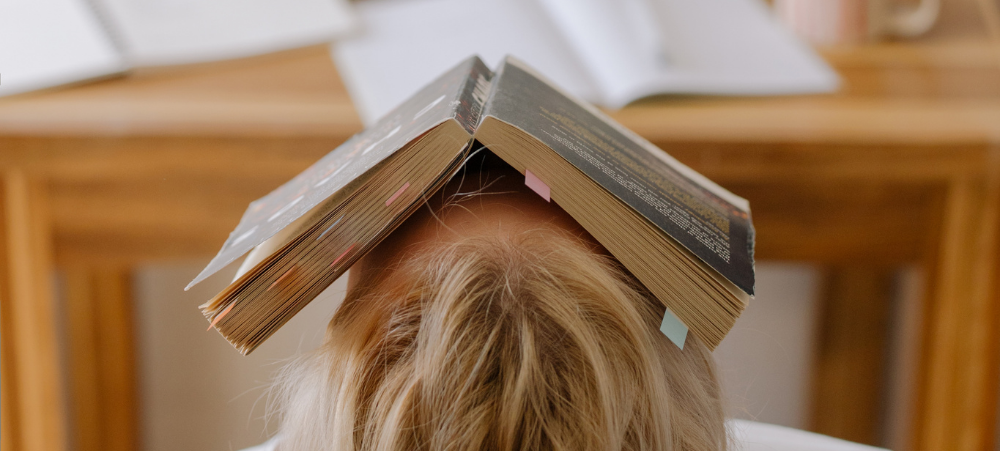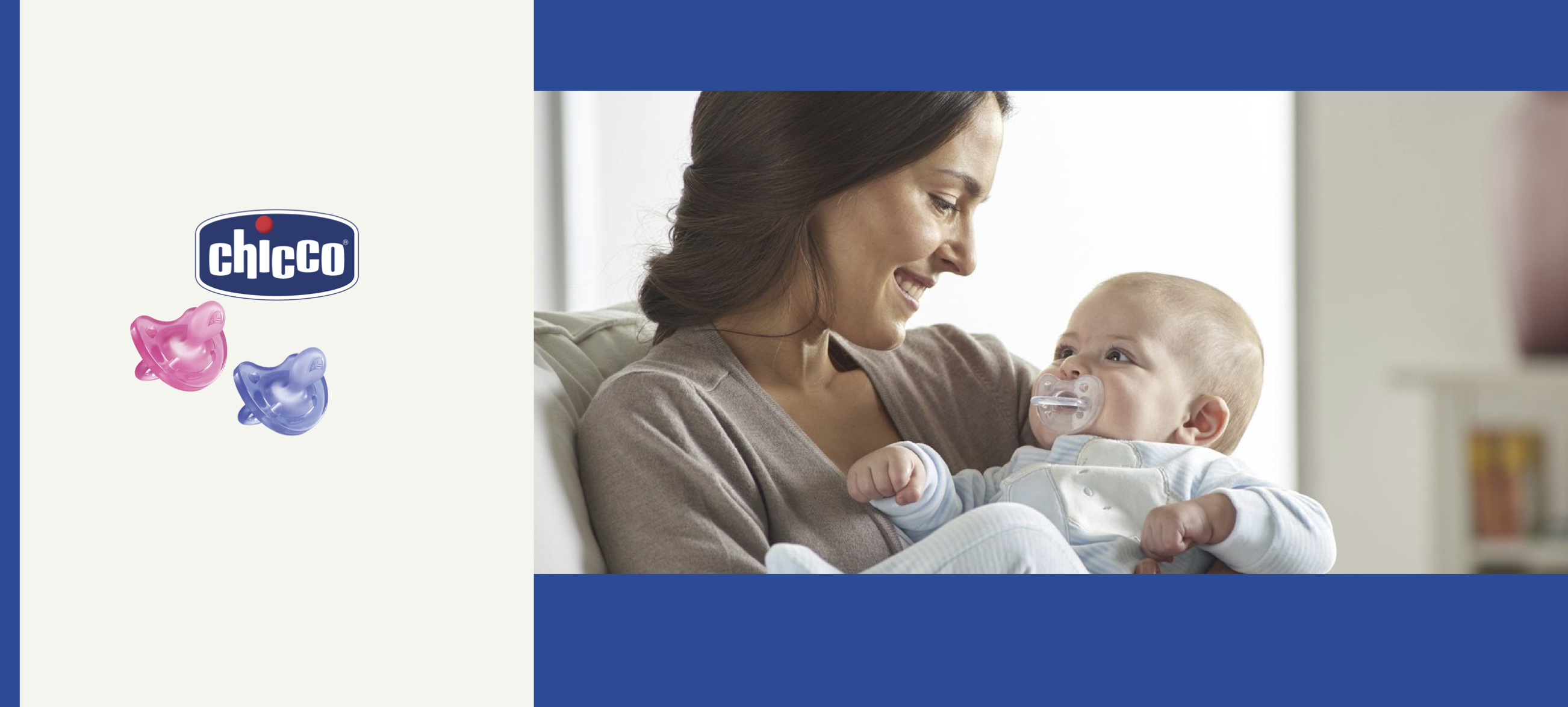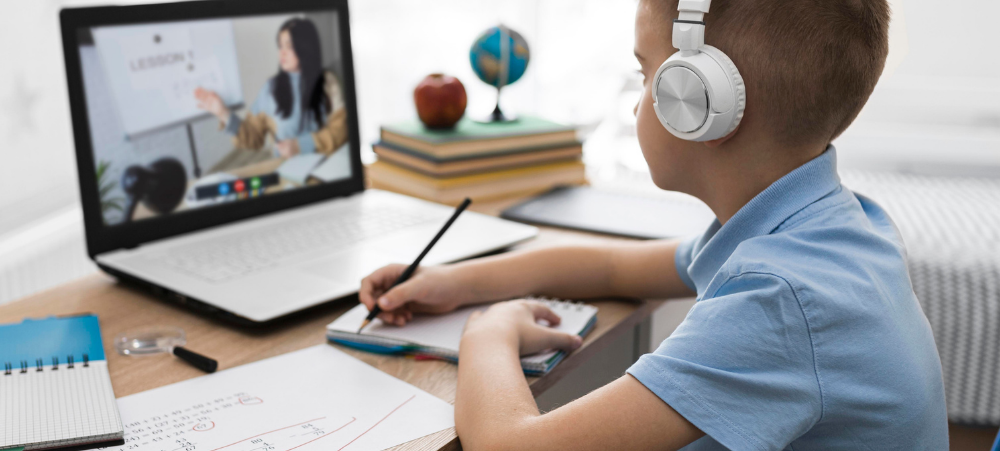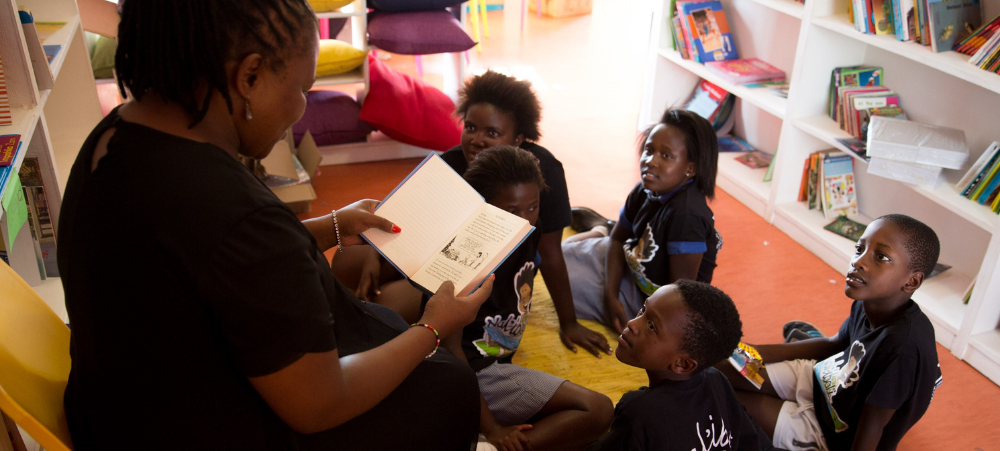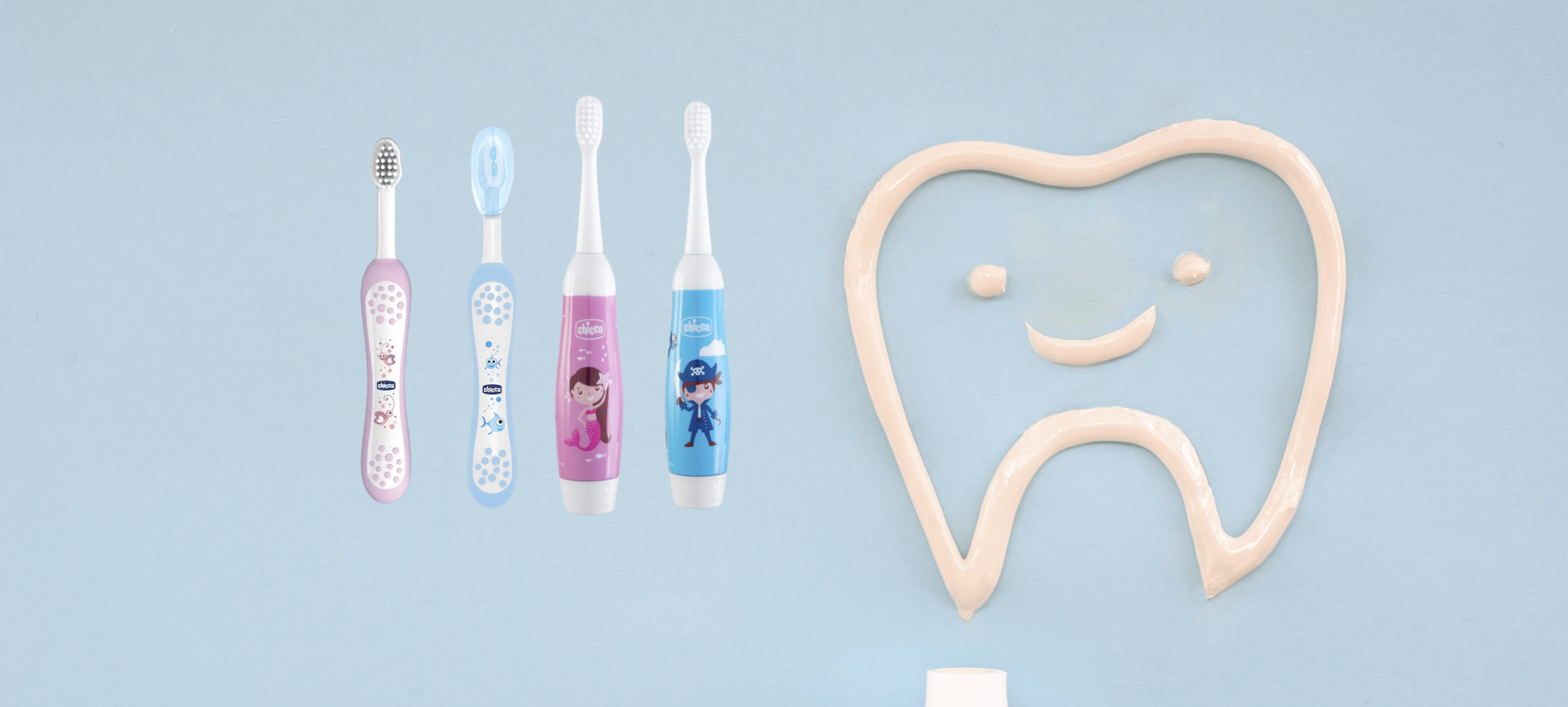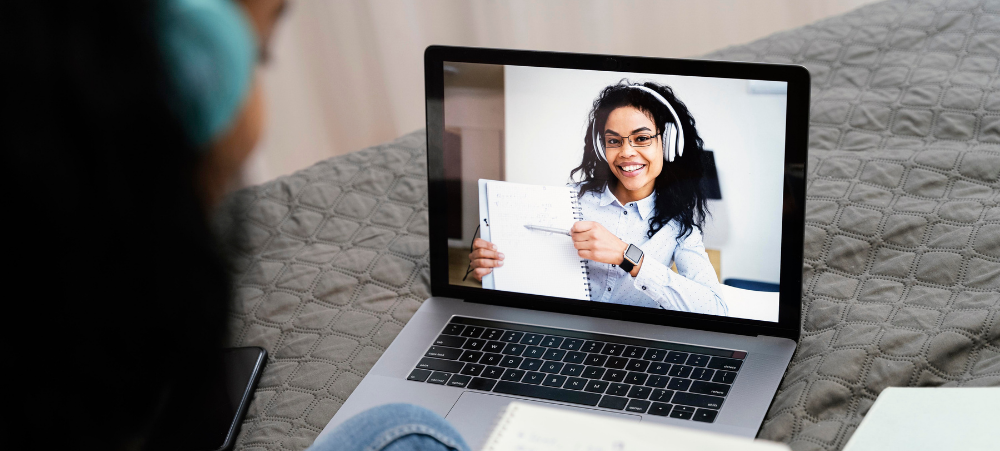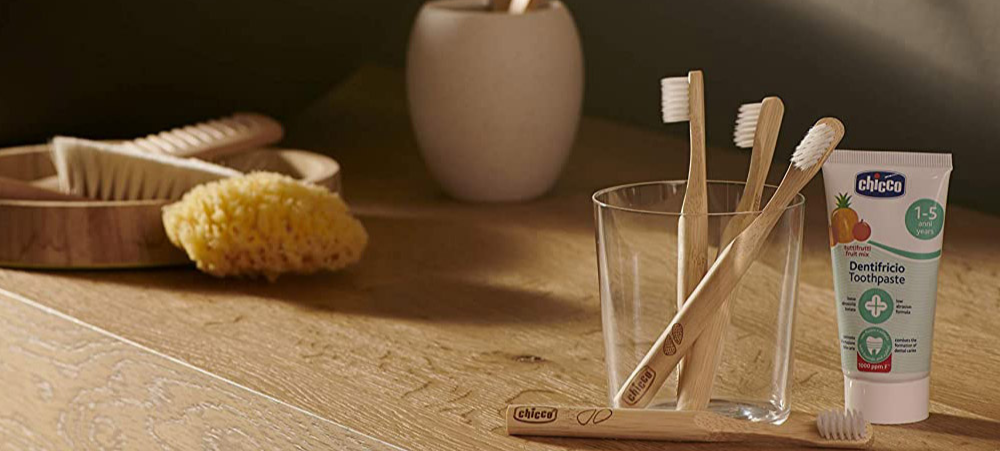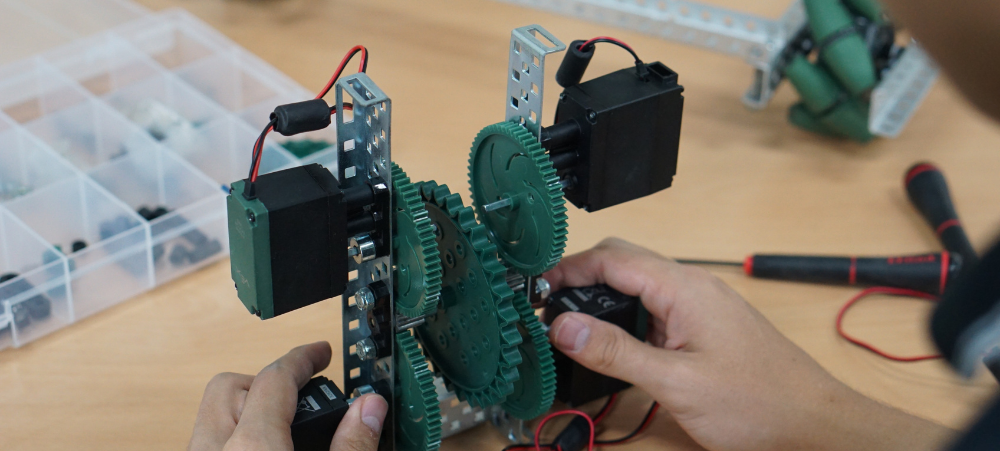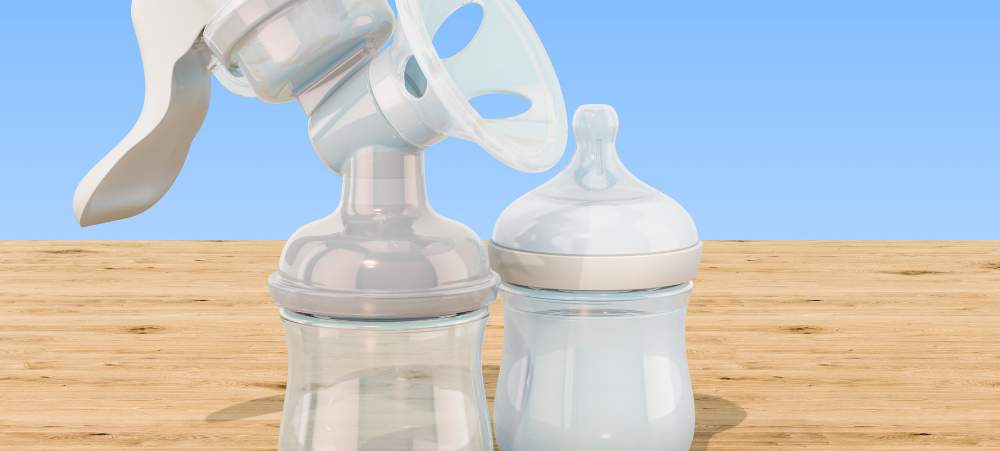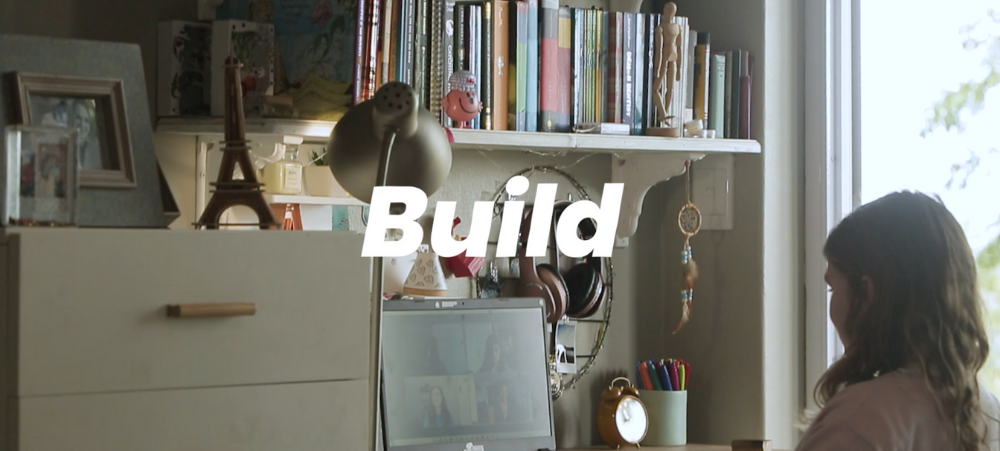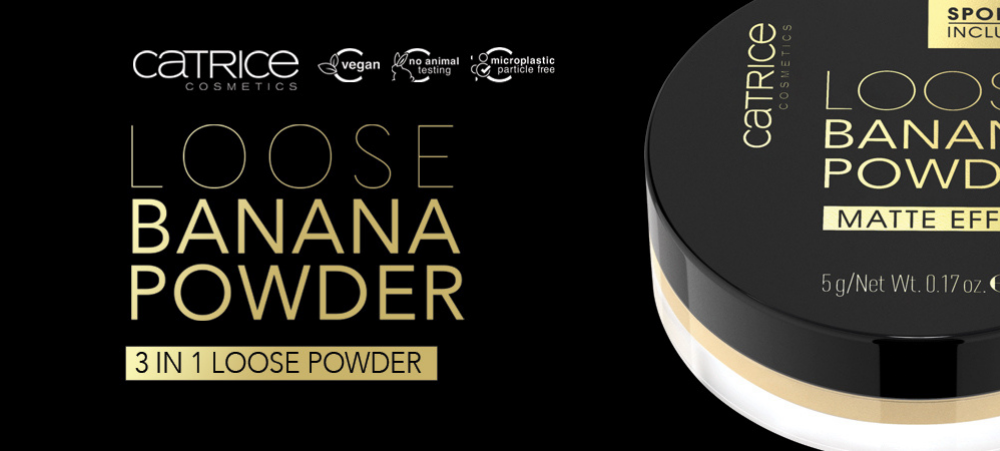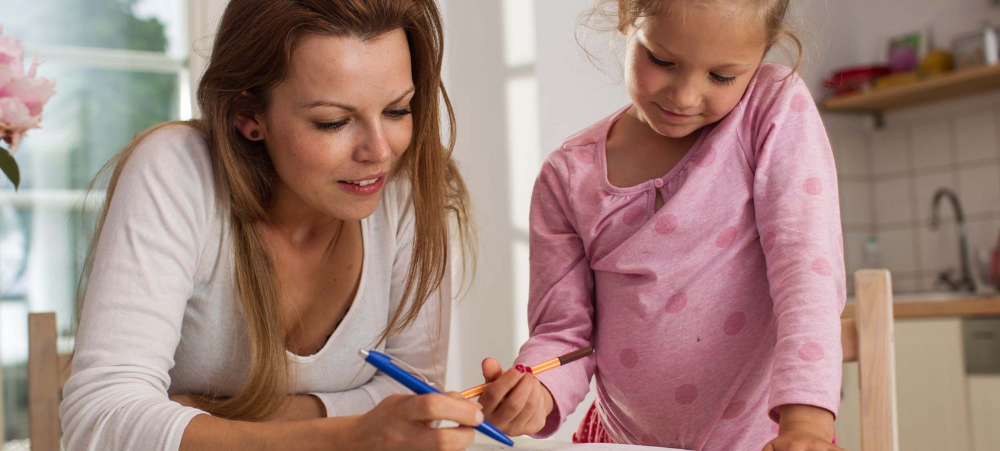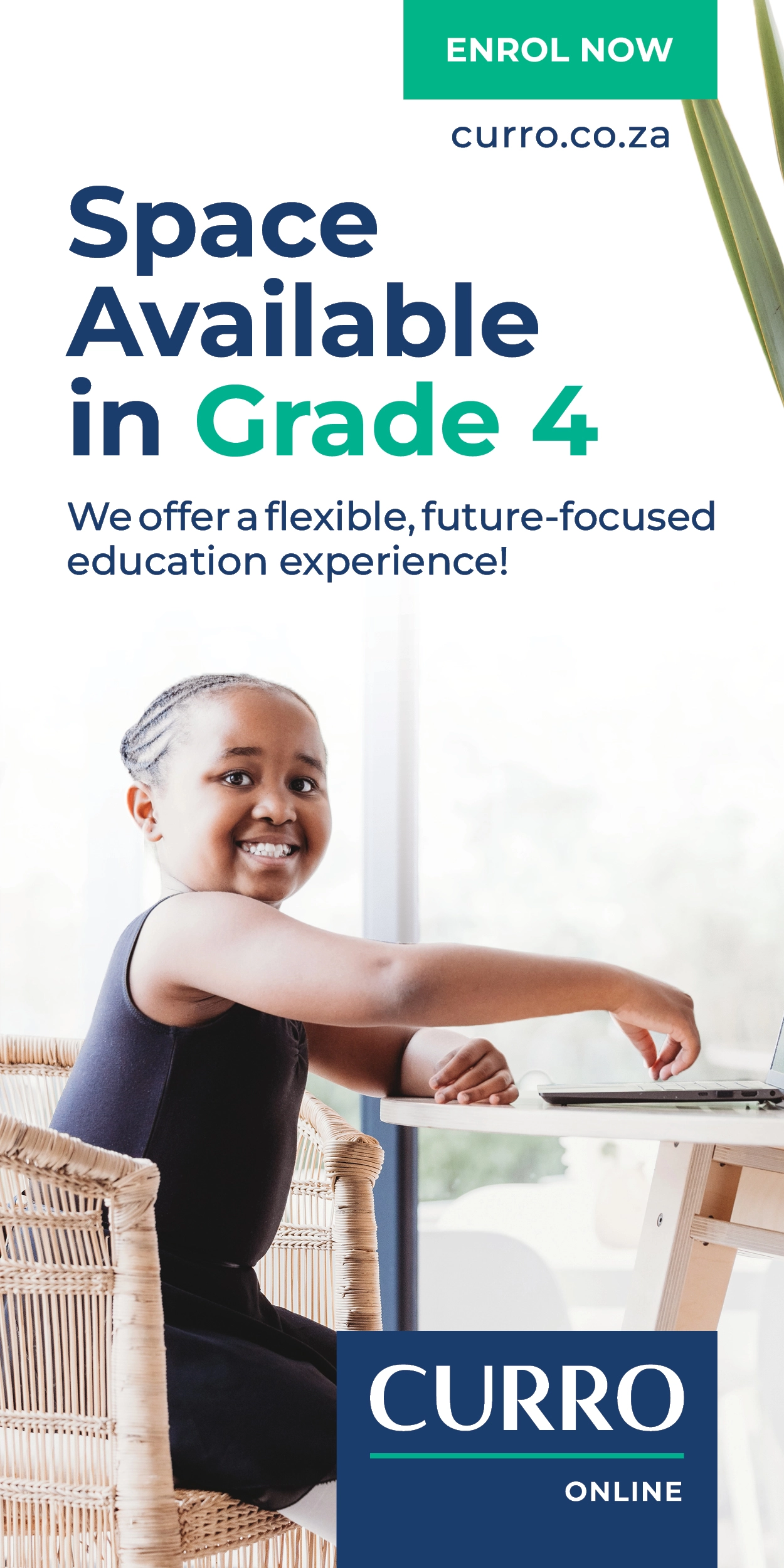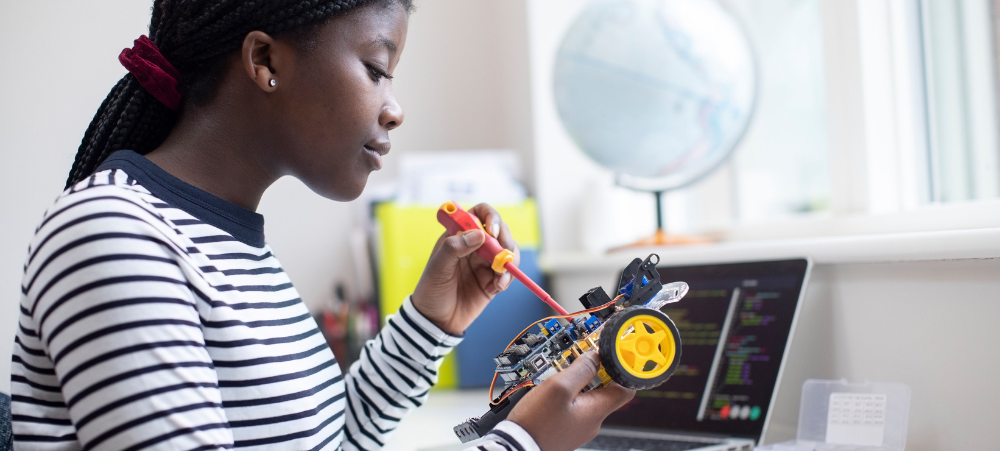
Koa Academy & Fully Alive host free webinar for parents
We’re in the midst of a seismic change in the world of work. We’ve seen tech disruption so far eliminate industries, transform others and usher in brand-new ones. Many working parents have experienced this first-hand. We expect emerging and evolving technologies to continue their innovation and disruption at an ever-escalating pace. Advances in the early field of Artificial Intelligence are already showing the promise of the machine to diagnose illness, offer optimal legal solutions and compose music that even aficionados can’t distinguish from human effort. This has led to the common assertion that we are educating children today for jobs that don’t yet exist, or for roles that are going to look very different from what they are like today. Principal of Koa Academy Mark Anderson says, “This is why we named our school ‘Koa’, which is a type of tree. Koa wood is famous for being both strong and flexible, which is what we want for our learners – to grow into adults who are robust and flexible at the same time, and therefore adaptable in a fast-changing world. We want this for them academically, as well as socio-emotionally.” Parents are invited to join a conversation with Mark and Meg Bruyns, the founder of Fully Alive for a one hour free Future of Work Webinar on Tuesday, 1st March 2022 (6pm to 7pm) to gain insights into how we need to be educating our ‘digital-native’ kids for a very different future of work. Meg, a self-described ‘passionate people developer’, works with teams and individuals, parents and teens to help her clients find purpose and clarity while developing the skills they need to get the most from life and work. She says, “It would be helpful for parents to understand that the transformation of work is not just driven by external factors such as the tech. There’s a people-driven change too. The young generations entering the workforce, and those preparing themselves for it, are not that interested in clocking in 9 to 5 for a pay-check. They want to experience how their work makes a difference in the world. There’s a human drive to change the future of work through pushing for purpose and meaningful impact. Our young people are keen to be disruptors themselves challenging the status quo and influencing big issues like social justice and environmental awareness. With latest technologies in their hands, they want to push societal boundaries and go beyond what has been possible before. So, the question is: How does their education and their youthful experience equip them for this?” During the webinar, Mark will be sharing information about the range of practical ways that Koa Academy is integrating the development of the skills that 21st Century employers prize most, with its IBE-accredited academic curriculum. He says, “There are so many exciting things that learners can do from Enrichment streams that lean into each child’s interests, strengths and passions to our mastery-based approach that develops goal- setting, adaptability, time management and a growth mindset. The platforms and applications our learners use day-to-day are the ones that are being used by people in the real world. Our focus is not on school as an end-goal, but the nurturing of lifelong learners, which is what our kids need to be in order have the strength and flexibility to thrive in the future world of work” Lifelong learning is something that Meg also feels strongly about. She says, “For educators and parents, their quest is to know how to support the young generation in becoming intentional, lifelong, fearless learners. This develops the resilience, agility and adaptability that will help them succeed in our constantly changing world.” Parents are invited to register for the free Future of Work webinar here visit www.koaacademy.com




